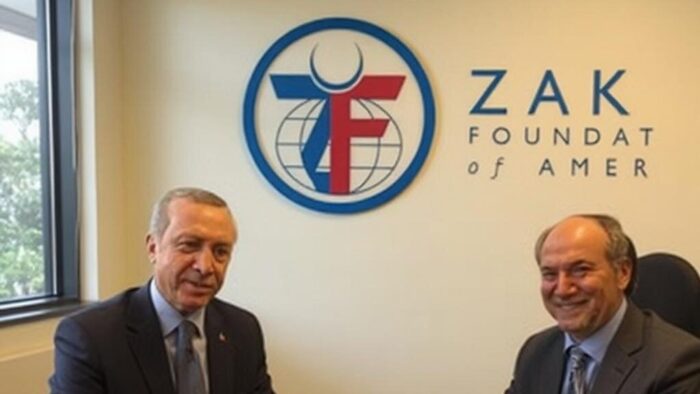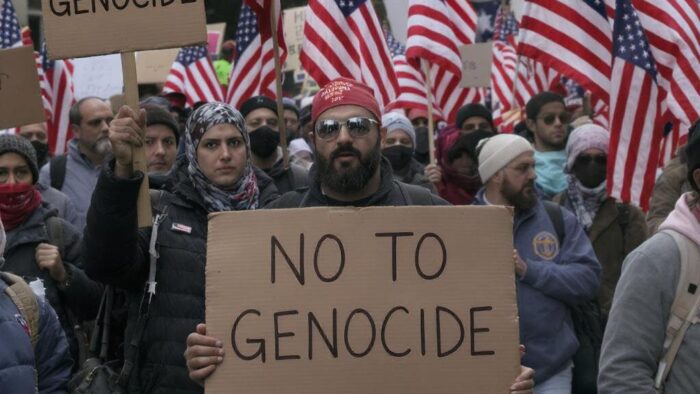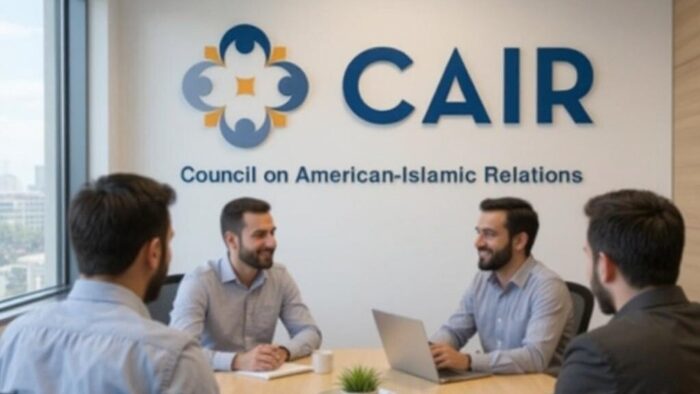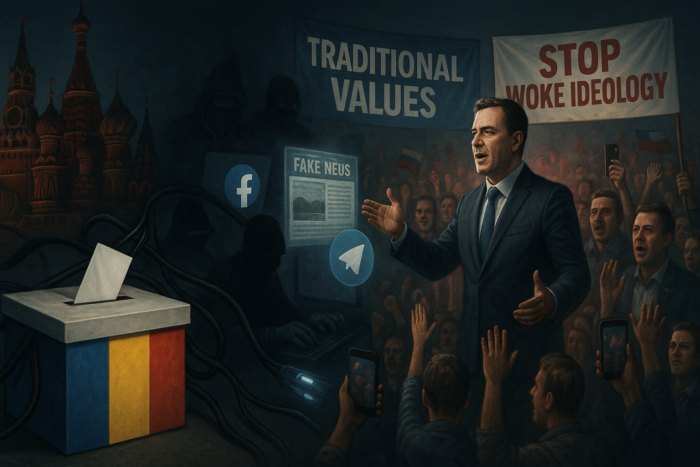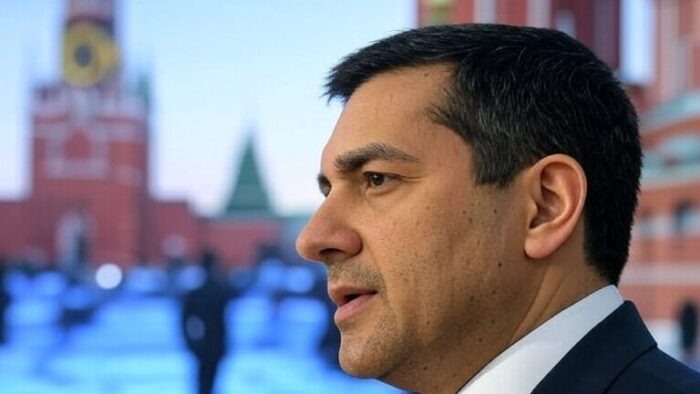In recent years, Romania has witnessed a significant shift in its political landscape, marked by the rise of national conservative forces that have fundamentally altered the country’s electoral dynamics. This transformation is particularly evident in two interconnected developments: the surprising emergence of the Alliance for the Union of Romanians (AUR) in the 2020 legislative elections and the recent success of Călin Georgescu in the 2024 presidential race.
The foundations for this political transformation were laid during the 2020 elections, when AUR, seemingly out of nowhere, secured over 9% of the vote. The party built its platform on four central pillars: “family, fatherland, faith, and freedom,” positioning itself as the most conservative force in Romanian politics. However, political analyst Alina Mungiu-Pippidi offers a contrasting interpretation of these principles, arguing that AUR’s platform is better described as promoting “anti-science, Christian fundamentalism, and sovereignism.” This political formula proved particularly effective in a country that had previously lacked a major nationalist-populist force following the decline of the Greater Romania Party (PRM) in the early 2010s.
This gap between AUR’s self-presentation and its perceived underlying values highlights how it has capitalized on voter dissatisfaction with traditional parties. AUR appeals to those disillusioned by Romania’s ruling coalitions and looking for a political force that speaks to their frustrations. The party has also gained strong support from the Romanian diaspora. Mungiu-Pippidi notes that the diaspora, particularly those working seasonally in Europe, viewed AUR as a “radical ‘F… you’ alternative to the existing political system.” Additionally, the party’s anti-vaccine stance during the COVID-19 pandemic, bolstered by support from the Orthodox Church, further fueled its growth.
AUR’s appeal tapped into a latent appetite among Romanian voters for a party that could challenge the perceived failures of mainstream politics. Its focus on nationalism, cultural identity, and sovereignty mirrored broader regional trends in Central and Eastern Europe, where nationalist and conservative movements have gained prominence. Yet, Mungiu-Pippidi’s critique of AUR as a vehicle for radical populism suggests that the party’s growing influence may also fuel divisive politics in the long term.
Enter Călin Georgescu, who would take this political formula even further. Initially associated with AUR between 2020 and 2022, Georgescu emerged as an independent presidential candidate who managed to secure the highest number of votes in the first round of the 2024 presidential election. His campaign successfully built upon many of the national conservative themes that AUR had previously established: strengthening national defense capabilities, supporting domestic agriculture, reducing import dependency, and promoting national sovereignty.
However, Georgescu’s rise also reveals the potential volatility within Romania’s national conservative movement. While sharing many of AUR’s fundamental positions on sovereignty and national identity, Georgescu’s views proved too extreme even for the party, leading to their separation in 2022. His embrace of conspiracy theories, his admiration for his country’s WWII fascist leaders, and his outspoken praise for Vladimir Putin illustrate how quickly national conservative politics can evolve beyond traditional boundaries.
Georgescu’s controversial pro-Russian stance has raised significant alarms. His statements advocating for Romania to embrace “Russian wisdom” and his dismissal of Ukraine as “an invented state” led many to accuse him of serving as a representative of Russian interests. These positions highlight broader concerns about the potential for foreign influence within Romania’s national conservative movement, particularly given the ongoing conflict in Ukraine and Romania’s strategic role in NATO.
A particularly concerning aspect of Georgescu’s rise is the role of social media, especially TikTok, in his campaign. His success relied heavily on an unprecedented digital strategy that replaced traditional campaign activities with algorithmically boosted content. Former President Traian Băsescu labeled him the “robot candidate,” a term that reflects the scale and sophistication of his social media strategy. Romanian authorities and EU officials have questioned whether TikTok’s algorithms were deliberately modified to promote Georgescu’s content, raising alarms about foreign interference and the vulnerabilities of democratic institutions in the face of advanced digital propaganda.
The convergence of Georgescu’s pro-Russian stance and his TikTok success raises questions about potential coordination between different channels of influence. While direct links remain unproven, the alignment between Georgescu’s pro-Russian messaging and the unprecedented algorithmic promotion of his content on the Chinese-owned platform has caught the attention of Romanian authorities and EU officials. As Dragoș Pîslaru notes in his analysis, there appears to be “a connection between these anti-system candidates in Europe, the United States, and China,” with social media platforms serving as crucial vectors for spreading these messages.
AUR’s popularity has also sparked broader discussions about its potential role in a future government coalition. The party’s growing share of support—20.2% in recent polls—could position it as a kingmaker in 2024’s parliamentary elections. Whether it would enter a coalition with the Social Democrats or the Liberals remains uncertain, but the normalization of far-right parties across Europe suggests that such a scenario cannot be dismissed.
The electoral success of both AUR and Georgescu suggests that national conservatism has found fertile ground in Romania. Their rise reflects broader regional trends, but Romania’s case is unique in how rapidly these forces have emerged from relative obscurity to mainstream political influence. This transformation is particularly noteworthy because it has reshaped Romanian political discourse. Traditional left-right economic divisions have become less relevant, replaced by debates over national sovereignty, cultural identity, and Romania’s place in the international order. This mirrors developments across Europe but has taken on distinctly Romanian characteristics, influenced by the country’s historical experiences and current geopolitical position.
The rise of national conservatism in Romania, exemplified by AUR and Călin Georgescu, is not an isolated phenomenon but part of a broader trend reshaping political landscapes across Europe and the globe. As nationalist parties gain traction in countries like Poland, Hungary, Sweden, and the Netherlands, Romania’s developments highlight the growing appeal of movements that challenge the status quo, prioritize sovereignty, and question the influence of supranational institutions like the EU.
The implications for Europe are profound. Romania’s position as a strategic EU and NATO member means that a stronger nationalist movement could complicate collective action on critical issues such as security, climate policy, and the rule of law. Georgescu’s pro-Russian rhetoric, in particular, underscores how national conservatism, if left unchecked, could open pathways for foreign influence that undermine European unity and resilience against adversaries like Russia.
Globally, Romania’s shift mirrors similar dynamics in other regions where populist and nationalist leaders have leveraged dissatisfaction with globalization and governance failures. The digital strategies employed by figures like Georgescu also highlight the transformative role of social media in shaping political discourse, often amplifying anti-establishment and radical voices with far-reaching consequences for democracy.
As Romania continues on this trajectory, its choices will resonate beyond its borders. The rise of national conservatism challenges the liberal democratic order and offers an alternative vision—one that prioritizes identity, tradition, and sovereignty over multilateralism and integration. How Romania navigates this crossroads will be a test case for Europe and a signal of the evolving balance of power in global politics.
